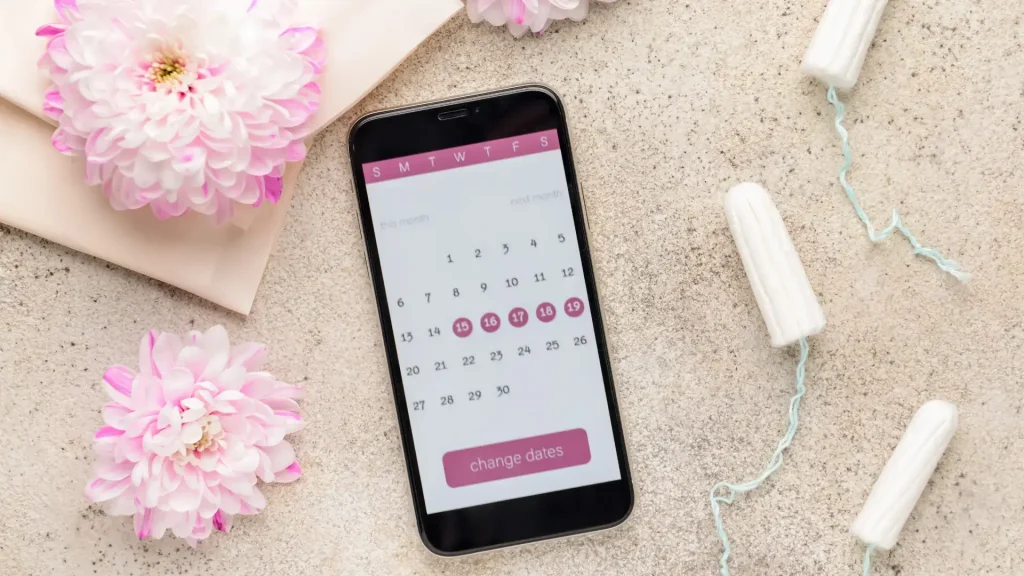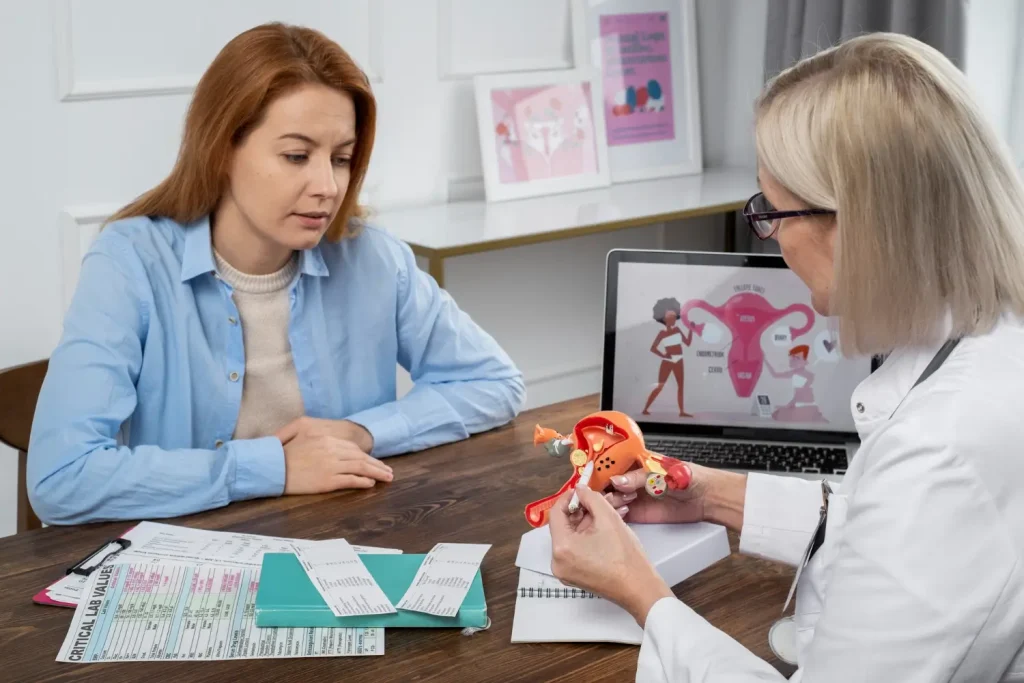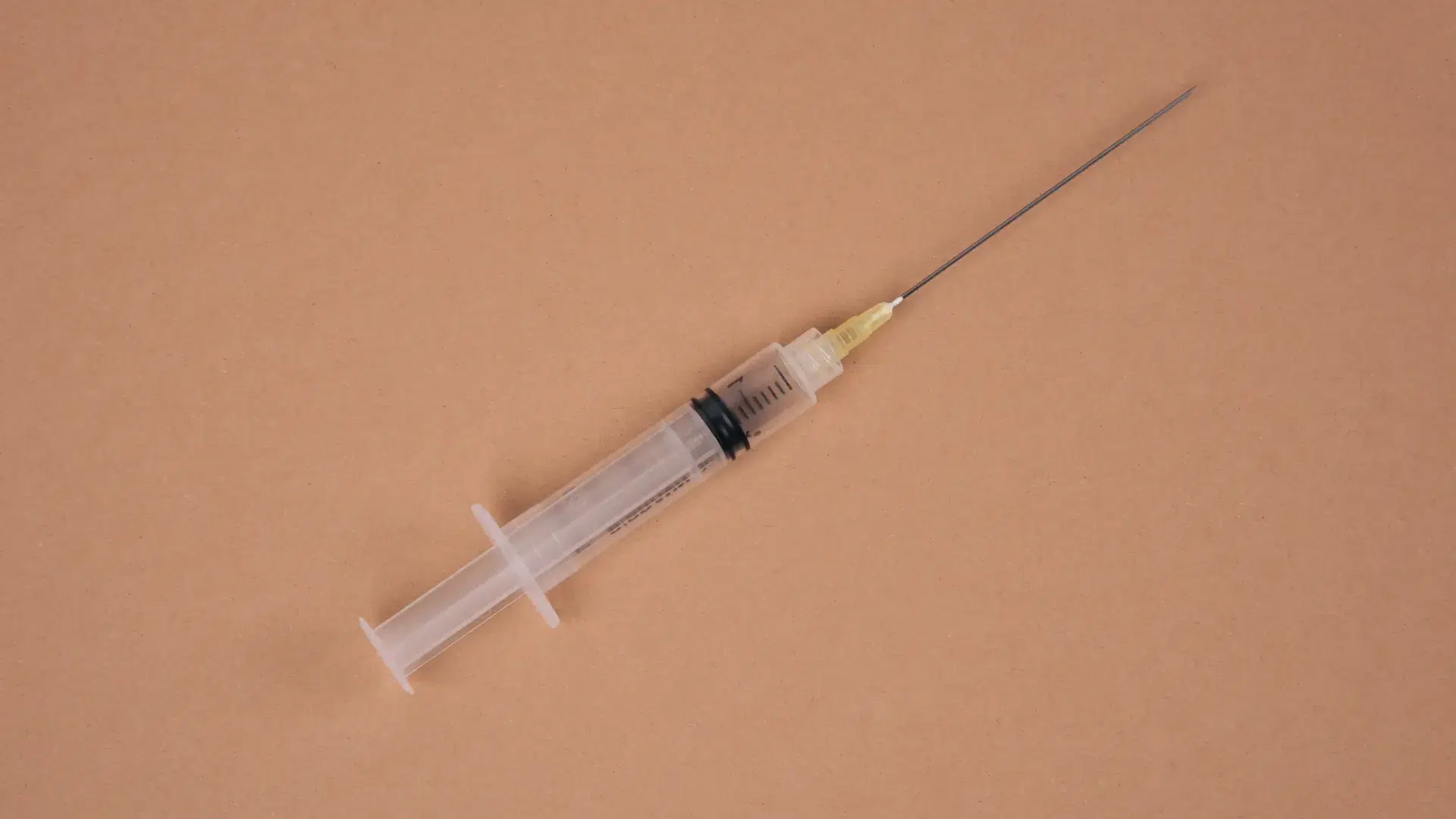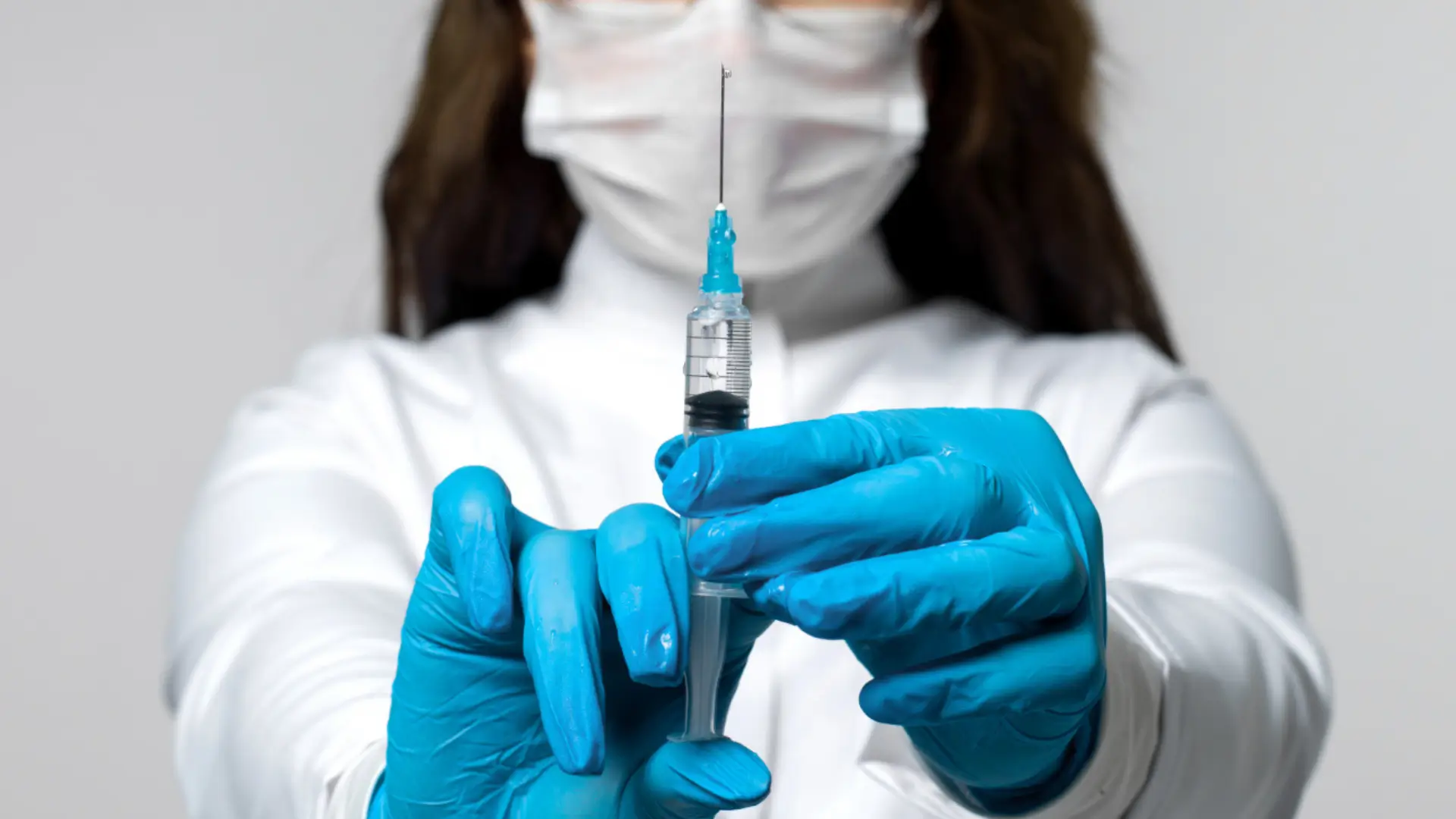Discontinuing hormonal birth control often leads to noticeable changes in the body, and Depo Provera is no exception. As a long-acting injectable contraceptive, Depo Provera is praised for its convenience and effectiveness, but stopping it requires the body to gradually recalibrate.
When Depo Provera is no longer administered, the return of natural menstrual cycles can take time. Some individuals may experience delayed periods, irregular bleeding, or physical symptoms like cramps, acne, or mood shifts as hormone levels begin to stabilize.
This article explores what typically occurs during the first period after stopping Depo Provera, including common symptoms, fertility considerations, and what patients and practitioners should keep in mind during this transitional phase.
Key Takeaways
- After stopping Depo Provera, the timeline for menstruation to resume can vary significantly, with some individuals experiencing delays of up to 18 months.
- Women may face changes in their menstrual patterns, such as irregular cycles or amenorrhea, as their bodies adjust to hormonal fluctuations post-contraceptive.
- It is important for those planning to conceive after stopping Depo Provera to understand that fertility restoration may take time, even though most women become pregnant within 18 months.
- Regular check-ups and open communication with healthcare providers are essential for managing health changes and addressing concerns about the cessation of Depo Provera.
About: Medica Depot is your trusted all-in-one supplier, offering a range of high-quality medical injectables and supplies. Buy Depo Provera at Medica Depot today! Whether for health professionals, plastic surgeons, dermatologists, licensed estheticians, or other specialists, we can offer genuine, brand-name products you may need. With Medica Depot, we prioritize serving you better to improve the patient’s quality of life.
Timeline for Menstrual Cycle Resumption

Pfizer offers comprehensive medical information to help patients and providers understand what is Depo Provera—a long-acting injectable contraceptive known for its convenience and effectiveness. While its benefits are well-documented, it’s equally important to know what happens after stopping the injection.
One of the most common concerns is the return of menstruation. The effects of Depo Provera can linger in the body, and for many, the first period doesn’t return right away.
- Average Duration: Most individuals see their menstrual cycles resume within 10 months, though it may take up to 18 months for some.
- Factors Influencing Return: The duration of use, overall health, and metabolism all affect how quickly cycles return.
Variability in Menstrual Patterns

Changes in the menstrual cycle after stopping Depo are common and often temporary. These may result from hormonal fluctuations, lifestyle habits, or underlying health conditions. Monitoring these changes with a healthcare provider helps rule out more serious concerns.
Some common post-Depo menstrual patterns include:
- Irregular Cycles: Changes in cycle length or frequency may be triggered by stress, hormone imbalance, or conditions like polycystic ovary syndrome (PCOS).
- Amenorrhea: The absence of menstruation is another possibility. Clinical studies show that 55% of women had no periods after one year of Depo shot use, and 68% experienced continued amenorrhea after two years.
Fertility Considerations Post-Depo Provera

Some individuals choose to stop using contraceptives when planning for pregnancy. In such cases, understanding the fertility timeline after Depo Provera is essential, as the return to regular cycles varies from person to person. Consulting a healthcare provider helps ensure a safe transition and minimizes complications during this phase.
Depo Provera is known for its long-lasting contraceptive effects, which can take time to wear off after the final injection. According to FDA information provided by Pfizer, most women conceive within 18 months after stopping Depo Provera.
Importantly, studies show that the duration of Depo Provera use does not affect how long it takes for fertility to return once the injections are stopped.
Healthcare providers should offer clear guidance and reassurance during this period. This includes discussing potential delays, recommending ovulation tracking, and developing a personalized care plan based on the patient’s health and reproductive goals. Setting realistic expectations supports a smoother experience and helps patients feel more informed and in control of their journey.
Clinical Guidelines for Patient Management
Clinical guidelines for managing Depo Provera patients emphasize the importance of proactive care to ensure safe and effective use. These best practices focus on monitoring health changes and addressing each patient’s unique needs.
- Monitoring Menstrual Health: Regular check-ups are crucial to observing changes in menstrual patterns. Once identified, practitioners can offer timely solutions for any irregularities or complications.
- Addressing Patient Concerns: Open, ongoing communication helps build trust. It also gives healthcare providers the opportunity to explain Depo Provera side effects, set realistic expectations, and provide reassurance throughout treatment.
Conclusion
Navigating the first period after stopping Depo Provera can come with a mix of changes and uncertainties. For some, cycles may resume quickly, while others might face a longer wait — sometimes up to 18 months. Understanding that this timeline varies from person to person helps set realistic expectations and reduce unnecessary stress.
For those looking to conceive, it’s especially important to approach this phase with patience and a clear understanding of what to expect. Staying in close communication with a trusted healthcare provider ensures the right support, guidance, and reassurance along the way. By being informed and proactive, individuals can feel more confident and in control as they move forward in their reproductive health journey.
FAQs
1. How long does it typically take for menstrual cycles to resume after stopping Depo Provera?
On average, menstrual cycles can take up to 10 months to return. In some individuals, they experience delays of up to 18 months.
2. What changes might patients experience in their menstrual cycle after discontinuing Depo Provera?
As their bodies adjust hormonally, they may encounter irregular cycles or changes in flow. They may also experience amenorrhea, which is the absence of menstruation. However, these experiences may vary from one person to another.
3. What should patients remember if they plan to get pregnant after stopping Depo Provera?
Most women become pregnant within 18 months of stopping the injection. However, patients should consult with healthcare providers to understand their fertility timeline and monitor ovulation effectively.
References
- Caporuscio, J. (2023, October 26). Stopping birth control: Side effects and remedies. Www.medicalnewstoday.com. https://www.medicalnewstoday.com/articles/stopping-birth-control
- DEPO-PROVERA- medroxyprogesterone acetate injection, suspension PATIENT INFORMATION. (n.d.). Pfizer.com. Retrieved March 27, 2025, from https://labeling.pfizer.com/ShowLabeling.aspx?id=522&Section=PPI









